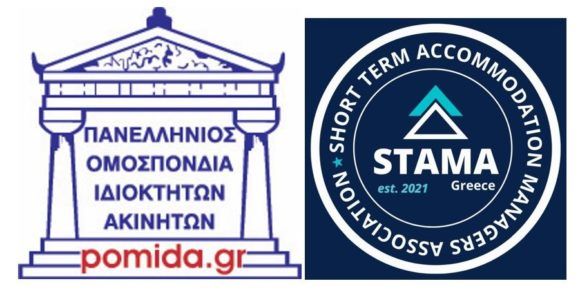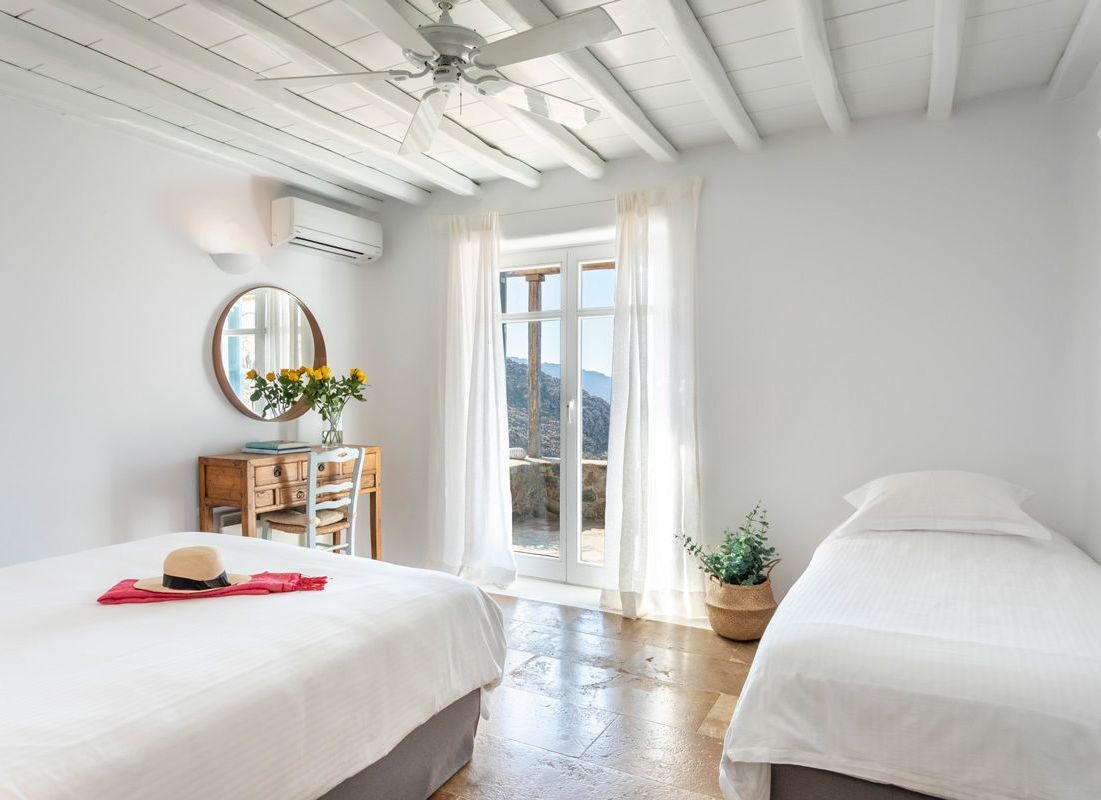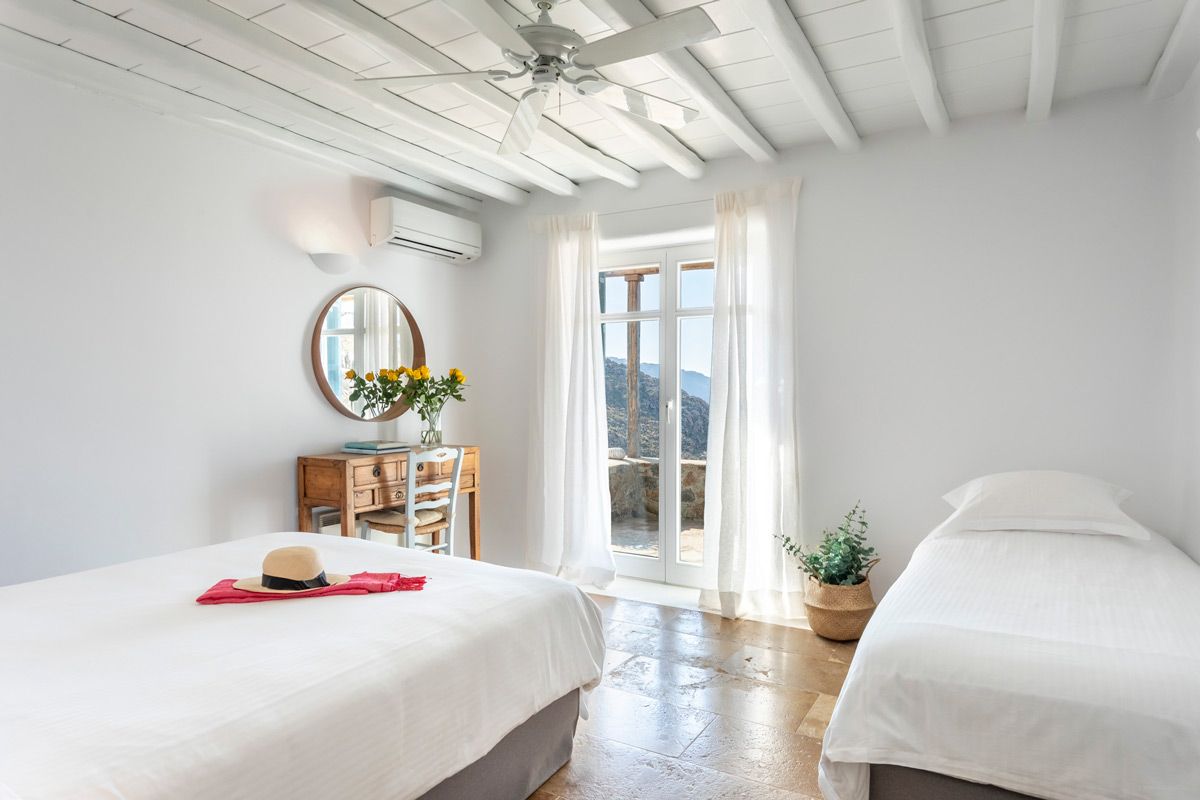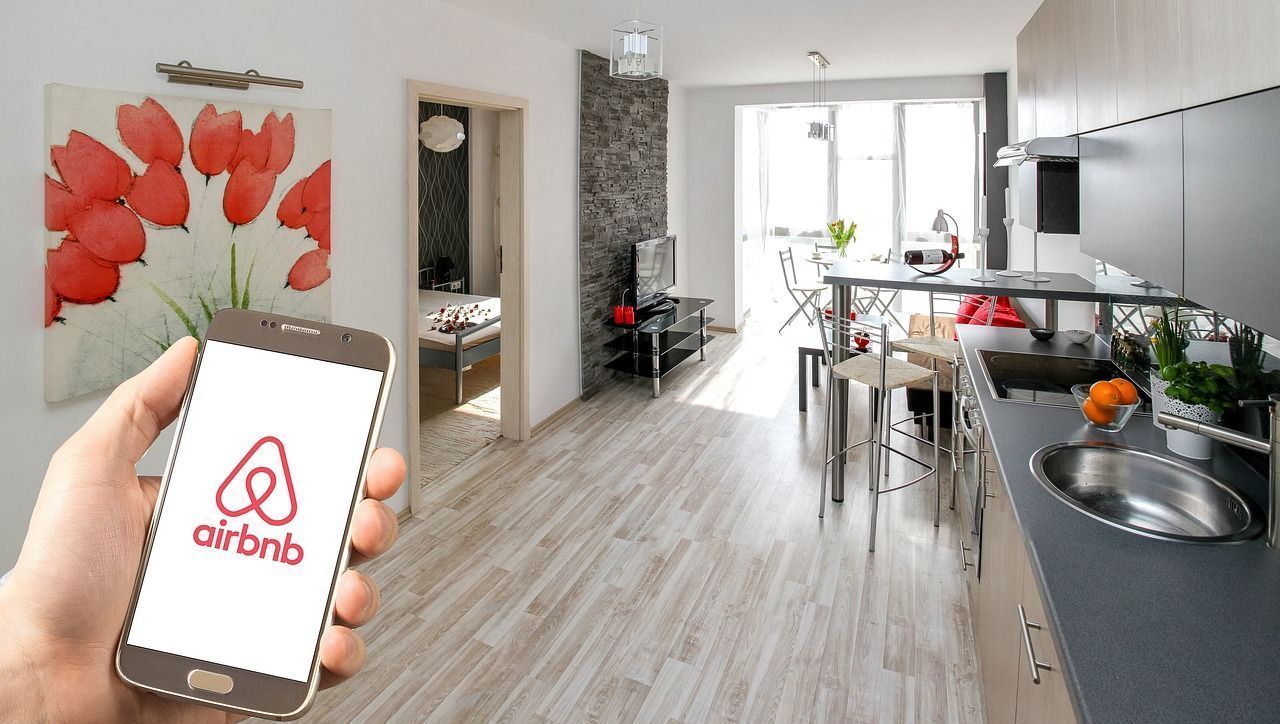Greek property bodies and Airbnb-style rental hosts react to STR bill
Greek owners and short term rental (STR) hosts ask the government to reconsider law Project aimed at regulating Airbnb-type accommodation.
 In a letter to Greek Prime Minister Kyriakos Mitsotakis and responsible ministers, including the Minister of Tourism Vassilis Kikiliasthe Hellenic Property Federation (POMIDA) and Greece Short Term Accommodation Managers Association (STAMA) argue that the announced government measures are “one-sided” and anything but regulatory in nature. On the contrary, they said, it will “financially strangle” property owners and managers, employees and their families, suppliers, businessmen, shopkeepers and local communities, leading to massive losses in government revenue.
In a letter to Greek Prime Minister Kyriakos Mitsotakis and responsible ministers, including the Minister of Tourism Vassilis Kikiliasthe Hellenic Property Federation (POMIDA) and Greece Short Term Accommodation Managers Association (STAMA) argue that the announced government measures are “one-sided” and anything but regulatory in nature. On the contrary, they said, it will “financially strangle” property owners and managers, employees and their families, suppliers, businessmen, shopkeepers and local communities, leading to massive losses in government revenue.
Meanwhile, according to a Study by Grant Thorntonthe Greek short-term tourist rental market is valued at 3.3 billion euros in 2022 and costing the state millions in lost tax revenue.
In the letter, the two associations urge the government to dialogue “before it’s too late”. Legislation, they say, must not “concern unilaterally the interests of hoteliers but the general interest of the country, society and tourism”.
According to the owners, the settlement under discussion, which comes after the European Commission presented a set of proposed rules aimed at regulating short-term tourist rentals and helping the authorities to ensure balanced tourist development, only took into account the interests of hoteliers.
POMIDE and STAMA it should then be noted that the planned measures will make the short-term rental activity unviable.
What the STR Market Offered Greece
Among other things, the two organizations point out that the short-term rental market in Greece has:
– greatly contributed to the upgrading of entire neighborhoods and revitalization of economic activity in theseand
– contributed to the sharing economya global phenomenon, which has boosted tourism activity and increased revenue without state support or funding unlike hotel businesses that have been repeatedly supported.
In addition, the two authorities point out that:
– short-term rental transactions are ruled by greeks unlike hotels – many of which are owned by large international hotel chains
– short-term tourist rental activity distributes revenue to local communities as part of the sharing economy unlike hotel companies
– Airbnb-type operations are already taxed more at 45 percent without expenditure exemptions while hotels, according to POMIDA and STAMA, are taxed at 22% with expenditure exemptions
– short-term rental activity during the economic crisis in Greece in 2010 helped support families and leads to the renovation and reuse of abandoned buildings.
Earlier this month, the Greek Tourism Confederation (SETE) deposit a set of proposals which include limiting the number of apartments in the same building rented as Airbnb-type tourist accommodation; tax deduction only for individual guests; a 5% tax on short-term rental platforms on the total price of the short-term lease to be paid to the State; and capping the number of short-term rental units allowed in each municipal unit.
It should be noted that in the summer, the government included Airbnb-type accommodation in its annual report “Tourism for All” Program which subsidizes holidays for low-income families elicit the reaction of hoteliers.
European Commission proposal
Greece will have to finalize a regulatory framework soon online with the European Commission proposal should be adopted by the European Parliament and the Council in the coming period. Greece will then have two years to put in place the necessary data exchange mechanisms (platforms like Airbnb and Booking.com will have to automatically share data once a month with public authorities on the number of nights rented and customers ) and tracking.
To follow GTP headlines on Google News to keep up to date with all the latest news on tourism and travel in Greece.





Comments are closed.